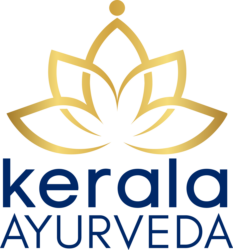Ayurvedic Health Counselor (AHC)
Courses > Ayurvedic Health Counselor (AHC) > Ayurvedic Health Counselor (AHC) Scope of Practice
Scope of Practice
The scope of practice for graduates of our level I Ayurvedic Health Counselor (AHC) certification program is determined by the standards set by the National Ayurvedic Medical Association.
The AHC program is based on the first goal of Ayurveda—Swasthasya Swasthya Rakshanam – to preserve the health of a healthy person. Students will gain the tools necessary to restore and preserve health and prevent disease. These tools include a comprehensive nutritional education (Ahara), daily routines and practices to maximize health (Vihar), as well as a clear understanding of the mind and thought processes (Vichara) and their relationship to well-being.
A certification of completion is awarded after the 600 hours are completed. With this certificate, graduates will be able to counsel individuals for wellness and health prevention. This practice may vary by location and from state to state in the U.S. Please check your local regulations where you intend to practice.
Ayurvedic Health Counselors can:
- Analyze mind-body constitution.
- Perform history taking.
- Suggest dietary changes (explain Ayurvedic view about qualities and 6 tastes).
- Suggest daily routine changes (explain daily predominance of Doshas at different times).
- Suggest seasonal routine (explain seasonal predominance of Doshas).
- Suggest life cycle routine (explain life cycles and predominance of Doshas).
- Explain about Ayurvedic concepts (related to Prakriti, Vikriti, qualities, etc.).
- Explain the connection between Body and Mind and how diet and life style, meditation, Pranayama can help prevent many emotional problems.
- Offer talks/write articles on various concepts on Ayurveda.
- Offer simple oil therapies.
- Offer cooking classes giving simple cooking tips.
Ayurvedic Health Counselors cannot:
- Diagnose diseases.
- Treat diseases.
- Prescribe treatments or medicines (including herbal medicines).
- Prescribe or perform Panchakarma (unless allowed in your scope of practice under other certification).
- Perform pulse diagnosis.
